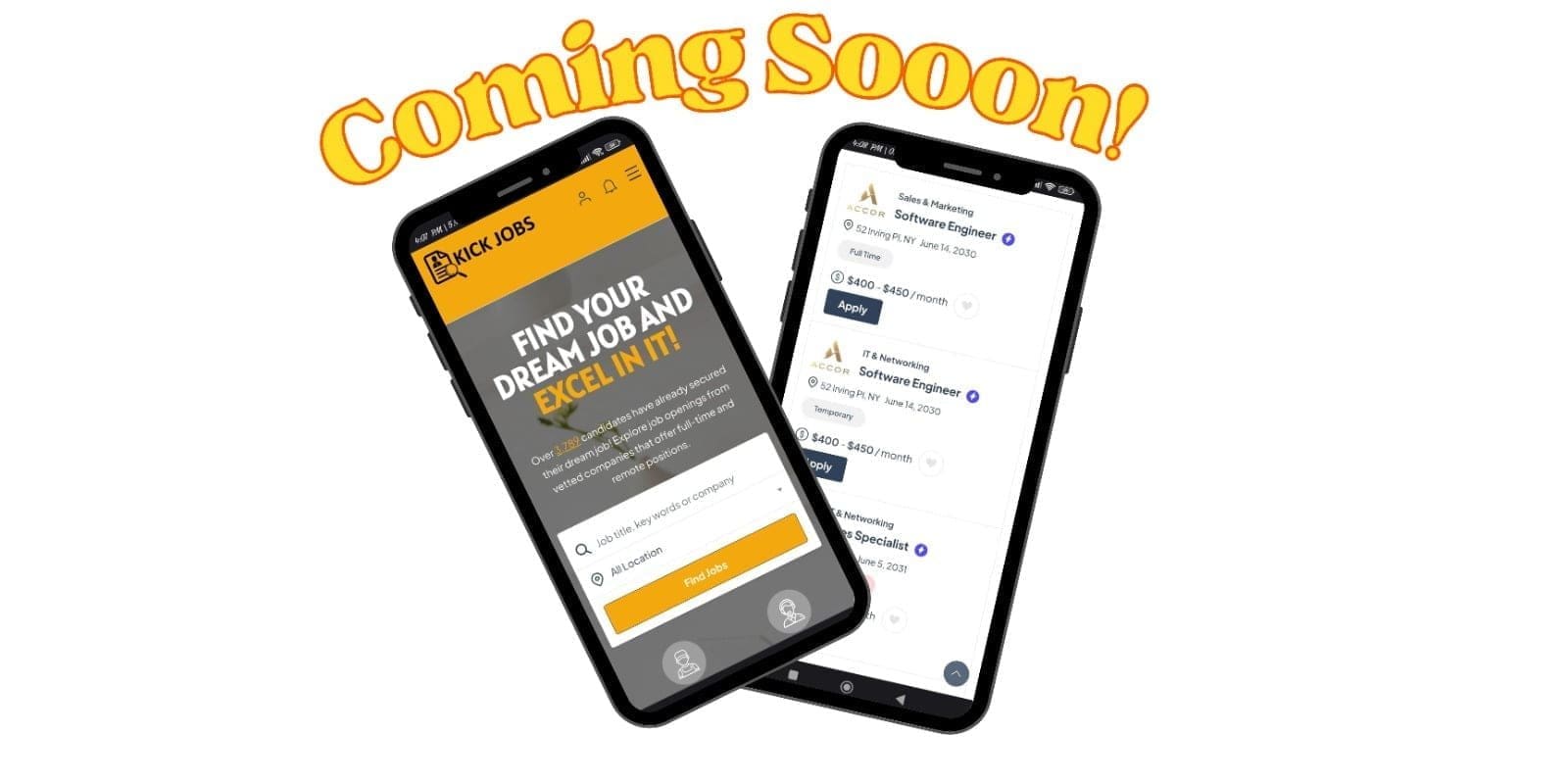During the job hunting process, the question of whether to include a cover letter with your resume is a common dilemma. Some argue that to include a cover letter with a resume is an outdated practice, while others believe it’s a crucial element that can make or break your job application.
In this guide you will learn:
- When you really need a cover letter
- When not to include a cover letter
- Things to include in a cover letter
- Tips for crafting a winning cover letter
Let’s get started!
Why Include a Cover Letter?
Including a cover letter with your resume is not merely a formality but a strategic move that can distinguish you from other candidates. Your cover letter serves as your personal pitch, allowing you to showcase enthusiasm, personality, and a genuine interest in the company. Here are five reasons why you should include a cover letter:
1. Personalized Introduction:
A cover letter will serve as personalized introduction, allowing you to address the hiring manager directly and express your genuine interest in the position. A cover letter gives you an opportunity to showcase your personality and enthusiasm, setting you apart from other applicants who rely solely on their resumes.
2. Highlighting Relevant Skills:
While your resume outlines your work history and qualifications, a cover letter allows you to delve deeper into your skills and experiences. Use it to highlight specific achievements and explain how they make you the ideal candidate for the job. This can provide context that a resume alone might lack.
3. Addressing Employment Gaps or Career Changes:
If you have employment gaps or are transitioning to a new career, a cover letter is the ideal place to address these aspects. It allows you to provide context and reassure employers about your suitability for the role despite any unconventional aspects of your work history.
Showcasing Research and Company Knowledge:
A cover letter provides you an opportunity to demonstrate that you’ve done your homework on the company. Mentioning specific details about the organization and how your skills align with its goals shows dedication and can impress hiring managers.
When Not to Include a Cover Letter:
The 4 cases where you don’t need to include a cover letter with your application are:
When It’s Explicitly Prohibited:
- Some recruiters explicitly state that a cover letter should not be required. In such cases, adhere to the instructions to show your ability to follow directions.
For Online Applications with Limited Space:
- In cases where online applications have strict character or word limits, prioritizing the resume and other required documents may be more beneficial. However, always check if a cover letter is optional.
If You Lack Time to Tailor It:
- A generic or hastily written cover letter can do more harm than good. If you don’t have the time to tailor your letter to the specific job and company, it may be better to omit it.
When Applying Through Automated Systems:
- Some companies use applicant tracking systems that focus primarily on keywords and specific data. In such cases, a well-optimized resume might carry more weight than a cover letter.
For Internal Job Applications:
- If you’re applying for a position within your current company, the hiring manager may already be familiar with your work. In such cases, a cover letter might be redundant unless there are specific points you want to emphasize.
When You Have Nothing Meaningful to Add:
- If your cover letter doesn’t add value to your application, it’s better to omit it. A poorly written or irrelevant letter can detract from your qualifications rather than enhance them.
Do you want a cover letter that will win you an interview? A cover letter that showcase your personality, narrate your achievements, and align with the employers goals. Order HereThings to Include in a Cover Letter:
1. Contact Information:
Include your contact information at the top of the cover letter, including your name, phone number, and professional email address.
2. Salutation:
Address the hiring manager by name whenever possible.
If the name is not provided in the job posting, take the time to research on Linkedln, Facebook, X and find the appropriate person.
3. Opening Paragraph:
Capture the attention recruiting manager with a compelling introduction that expresses your interest in the position and briefly outlines your qualifications. This sets the tone for the rest of the cover letter. For intance you can start like
I am writing to express my enthusiastic interest in the Software Engineer Job at XYZ Company , as advertised. With a proven track record in Python, team-work, JavaScript, and React Native, I am eager to bring my expertise to your esteemed team. Your commitment to innovation and automation resonates with my professional goals, and I am excited about the opportunity to contribute my skills and dedication to drive success in this role.
4. Body Paragraphs:
Use the body of the cover letter to delve into specific examples of your skills and experiences. Tailor this section to the job requirements and provide evidence of your capabilities. Example of a body paragraph
In my previous role as a Software Engineer at XYZ Tech, I spearheaded the development of a groundbreaking mobile application that garnered over a million downloads within its first month. This achievement not only showcased my technical prowess in full-stack development but also highlighted my ability to work collaboratively within cross-functional teams. Leveraging agile methodologies, I played a pivotal role in the design and implementation of innovative features, contributing to a 20% increase in user engagement. My hands-on experience with languages such as Python, JavaScript, and React Native positions me as a versatile developer ready to tackle the dynamic challenges in your esteemed organization.
Closing Paragraph:
Conclude your cover letter by summarizing your key points, expressing enthusiasm for the opportunity, and inviting further discussion. This is also the place to mention your intention to follow up. Example of a closing paragraph:
Thank you for considering my application. I am enthusiastic about the possibility of contributing my skills to XYZ Tech and am confident in my ability to make meaningful contributions to your development team. I would welcome the chance to further discuss how my experience aligns with your current needs in a face-to-face interview. I appreciate your time and consideration and look forward to the possibility of joining your team and contributing to the success of XYZ Tech.
Professional Closing:
End the letter with a professional closing, such as “Sincerely” or “Best Regards,” followed by your typed name. Leave space for your signature if submitting a hard copy.
Keywords and Action Verbs:
Incorporate industry-specific keywords and action verbs relevant to the job description. This can improve your chances of passing through applicant tracking systems.
Related 250 Resume Action Verbs to Impress Employers 2024
6 Tips for Writing an Effective Cover Letter:
- Research the Company:
Take your time to research the company’s values, mission, and culture. Incorporate this information into your cover letter to show that you align with the organization’s goals.
- Tailor Each Cover Letter:
Customize your cover letter for each job application. Highlight the skills and experiences most relevant to the specific position to demonstrate your suitability.
Related: How to tailor your resume for different job applications in 2024
- Quantify Achievements:
Whenever possible, use quantifiable metrics to highlight your achievements. Numbers provide concrete evidence of your impact and contribute to a more compelling narrative.
Related :How do I highlight my key achievements in a resume?
- Keep it Concise:
Your cover letter should be concise and focused. Aim for a length of about three to four paragraphs, and ensure that every sentence adds value to your application.
- Proofread Thoroughly:
Do you know only 3 out of 10 candidates proofread their cover letter? Typos and grammatical errors will create a negative impression to the hiring manager. Proofread your cover letter carefully, and consider asking a friend or colleague to review it as well.
Balance Confidence and Humility:
Strike a balance between confidence and humility in your tone. Showcase your accomplishments without sounding boastful, and express eagerness to learn and grow within the role.
Related: How do I highlight my key achievements in a resume?
Do you want a cover letter that will win you an interview? A cover letter that showcase your personality, narrate your achievements, and align with the employers goals. Order Here







